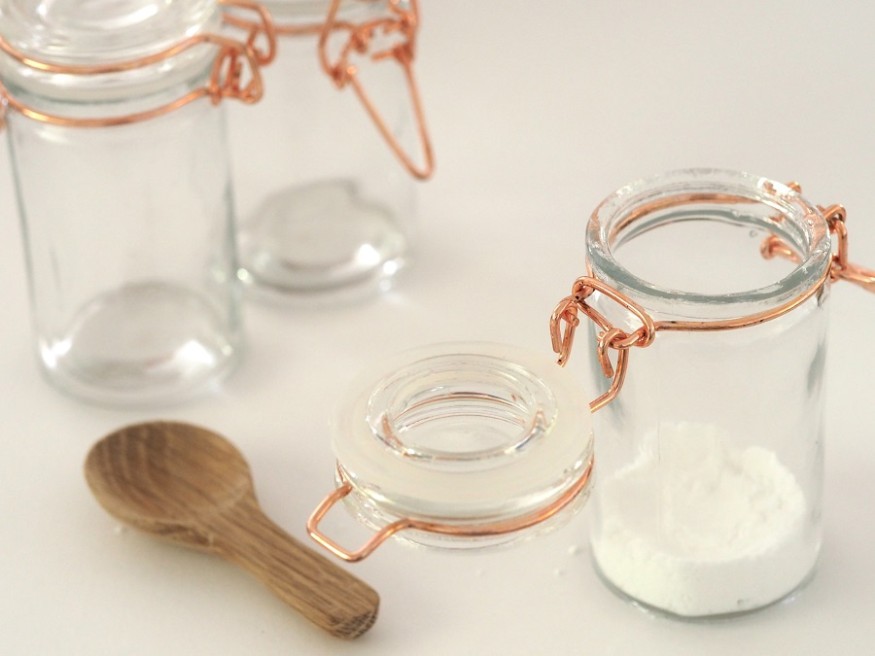Baking Soda: Is it Safe and Effective for Weight Loss?
Baking soda is a household item commonly used for baking and treating indigestion. However, some people tried to use baking soda as a component of their weight loss journey. However, they should consider using it could cause serious health risks.

Through Medical News Today, here are the things you need to know about the effects of using baking soda.
Does baking soda work for weight loss?
Sodium bicarbonate or baking soda is slightly alkaline, which others believe promotes weight loss when ingested. But according to scientific research, there is no evidence that baking soda could help a person lose weight. The human body naturally regulates pH levels to ensure it won't be too acidic or alkaline.
Therefore, taking baking soda with water to increase the body's alkaline level and promote weight loss won't work. In some cases, a person could lose weight, but not basically because of the baking soda. Instead, research suggests that consuming more water promotes weight loss. Any weight loss that a person experiences from drinking soda with water is not because of the baking soda but due to the consumed amount of water.
People may not feel the need to eat as much by drinking more water. Besides, having a higher amount of water in the body could help to break down fats.
Read also: Everything You Need to Know About Kojic Acid Soap: Uses, Benefits, and Risks
Is it safe to consume?
Using baking soda can cause different kinds of side effects. First, ingesting baking soda will require a person to urinate more, which doctors described as bicarbonate diuresis. When a person urinates more frequently than usual, the body loses sodium, potassium, chloride, and water, all necessary for normal body functions.
Moreover, the kidneys' function might be impaired with too much baking soda and could prevent the kidneys from filtering out the baking soda properly. In severe cases, baking soda could cause dehydration due to frequent urination and the inability to replenish the water that may cause serious complications.
A person reportedly experienced hemorrhagic encephalopathy, bleeding, and inflammation in the brain after ingesting large amounts of baking soda, as per a case study.
Authors suggest that it may have happened because of excessive intake of baking soda that could cause higher-than-normal sodium levels in the blood called hypernatremia.
This condition may lead the neurons and cells in the brain to shrink. The shrinkage may cause brain hemorrhages as it increases the skull's veins tension that would eventually destroy the blood vessels.
People with excessive baking soda consumption may experience diarrhea and vomiting due to high amounts of sodium pulling water in the digestive tract to absorb it.
After absorbing sodium, the body will experience dehydration, kidney failure, and seizures. Others could also find it difficult to breathe. The body works to restore its acidity by keeping carbon dioxide inside the lungs if it becomes too alkaline, rather than breathing it out.
Another possible side effect of too much baking soda ingestion is stomach rupture, which could happen when there is a rapid formation of gas in the stomach. After drinking alcohol or eating large meals, people are more likely to experience stomach rupture as these activities increase the amount of gas in the stomach.
According to Poison Control, people should not ingest baking soda by itself or for any reason unless the doctor advised them to do so. People should only take baking soda if a healthcare professional says so.
Subscribe to Latin Post!
Sign up for our free newsletter for the Latest coverage!
















